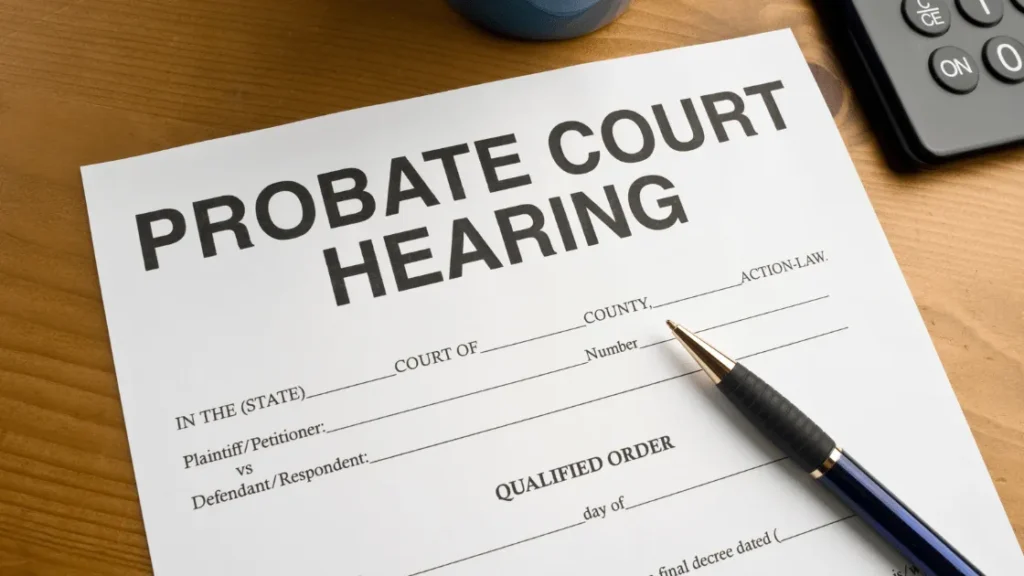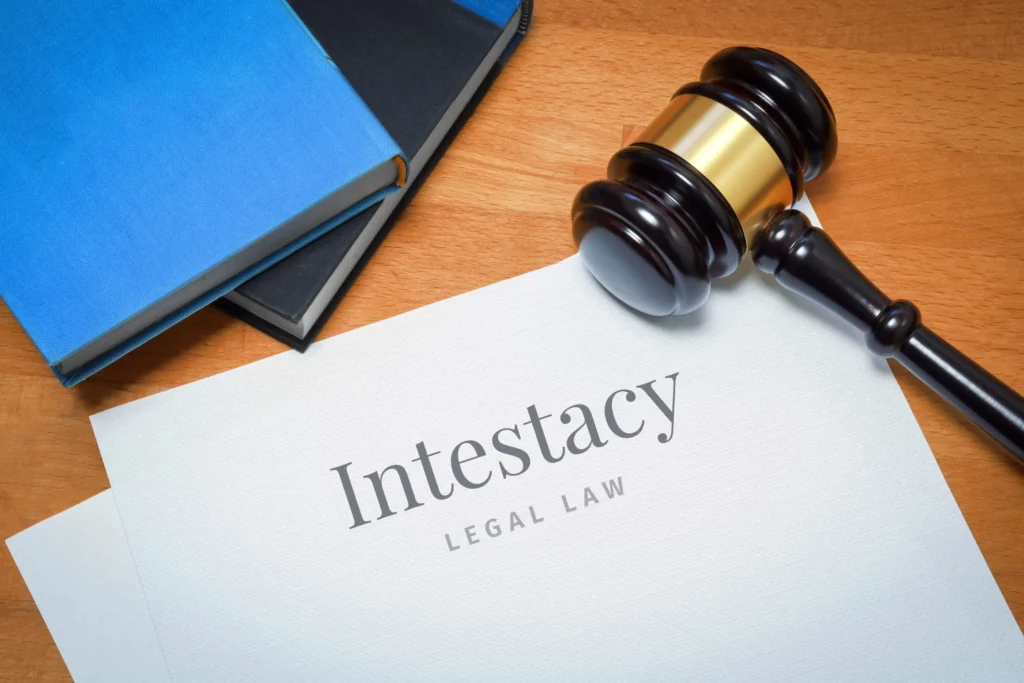Common Mistakes to Avoid in Texas Probate Proceedings
Understanding the common pitfalls in probate proceedings can save time and resources. Many individuals underestimate the complexity of probate laws in Texas, which can lead to costly mistakes that delay the process or result in legal disputes.
For instance, failing to properly file necessary documents or not adhering to timelines can complicate the probate process. Additionally, not consulting with a qualified attorney may lead to misunderstandings about the rights of heirs or the validity of a will, emphasizing the importance of legal guidance.
How to Choose the Right Probate Attorney in Texas
Selecting the right probate attorney is crucial for navigating the complexities of Texas probate law. A knowledgeable attorney can provide valuable insights and representation, ensuring that the probate process runs smoothly.
When choosing a probate attorney, consider their experience in Texas probate law, client reviews, and their approach to communication. It's also beneficial to schedule consultations with multiple attorneys to discuss your specific needs and gauge their expertise before making a decision.
The Role of Executors in Texas Probate Cases
Executors play a vital role in managing the estate of a deceased person during the probate process. They are responsible for ensuring that the deceased's wishes are honored according to the will and that all legal requirements are met.
In Texas, executors must navigate various responsibilities, including notifying beneficiaries, managing estate assets, and filing necessary documents with the probate court. Understanding these duties can help executors fulfill their roles effectively and avoid potential legal issues.
Understanding the Impact of Debt on Probate in Texas
Debt can significantly affect the probate process in Texas, influencing how an estate is settled and what heirs may receive. It is essential to understand how debts are prioritized and addressed during probate.
In Texas, creditors must be notified of the probate proceedings, and debts are typically paid out of the estate before any distributions to heirs. This can impact the overall value of the estate and the inheritance received by beneficiaries, making it crucial for families to be aware of any outstanding debts and their implications.










